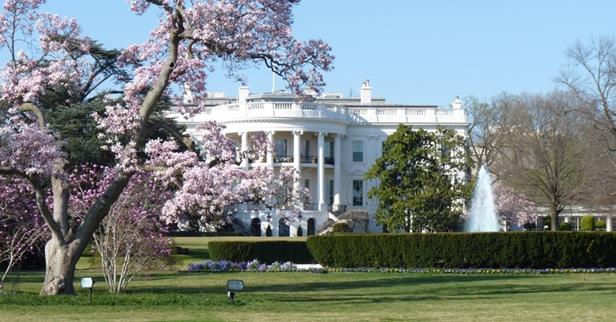From the December 1994 issue of Chronicles.
“Democratic capitalism” equals political correctness for the neoconservative. It is a term at least as ubiquitous on these shores and on others as McDonald’s, Coke, and Disneyland. It is the “Sesame!” that opens doors as well as markets and whose usage, planet-wide, is becoming as offensive and boring as “international proletariat” and “socialist realism” used to be. None dared argue against the latter in the bad old times of Soviet power; none dare argue against democratic capitalism in the good days of the New World Order. Spies were everywhere then; agents for transnational are everywhere now.
In a way, their efforts are silly and useless, not to say counterproductive. There is hardly anybody in today’s world who would not prefer some kind of free market to the socialist paradise. But what the panting propagandists of democratic capitalism do not grasp is that if people vote for the free market, it does not at all mean that they opt for democratic capitalism. Free-marketers were the coastal navigators in ancient times, the caravan owners across the silk-route in Asia, the Syrian and Jewish merchants selling wares to feudal ladies, the marketplace providers of medieval Rhineland and Northern Italy. Buying, selling, bargaining, cussing out merchant, merchandise, and customers are lovely habits; they add spice to life, as you can see in souks from Malaysia to Senegal. But capitalism is something quite different; it is an ironclad system, not only with bureaucracies reminiscent of socialism, but also with myriad agents, admen, with publicity tormenting you day and night, with bank employees calling you at all hours (preferably when you dine or nap) to sell you, in their syrupy voice, investments, higher rates, piano legs or Caribbean cruises. There is also the cultural dimension. The culture of “democratic capitalism” is nothing short of repulsive, a kind of threat and coercion: since everybody does it or wants it, why would you strive to be different? Aren’t we all one big consumer family?
If the democapitalist propagators learned some tact, it might be easier to swallow their line—but then they would not be disciplined servants of the System and would not be democrats who, when they call me, use my first name and ask the stupid question “How are you?” I accept that familiarity in the human atmosphere of the souk, sitting and sipping Turkish coffee—I do not accept it from that sugary but horribly impersonal voice on the other end of the line. Yes, if the democapitalist agents learned some tact, they might be better received, for example in Eastern Europe. They would also learn—but perhaps it would be an unwarranted expenditure on balance—that people over there had propaganda, including telephone calls from party officials, shoved down their throats at all hours for decades and that they hate it when democapitalists emulate these same tactics.
Everybody, but everybody is aware over there that the democapitalists have no higher objectives than selling and selling again on that providentially opened new market. “International proletariat” meant Moscow’s interest in keeping its armed forces on occupied territory; “democratic capitalism” means sales techniques aimed at the same territories. This is an open secret; we in America are kept in the dark because we do not read foreign newspapers and since “true reports” from over there are appropriately sweetened by New York Times editing or by cameramen.
Just another type of propaganda, people say of democratic capitalism, comparing it to Communist Party techniques. Both corrupt the language with ironclad formulas, both lie, exaggerate, and use pictures, slogans, and veiled threats. Both are ubiquitous and pushy, both display the fist that empires have used since the beginning of time.

Leave a Reply